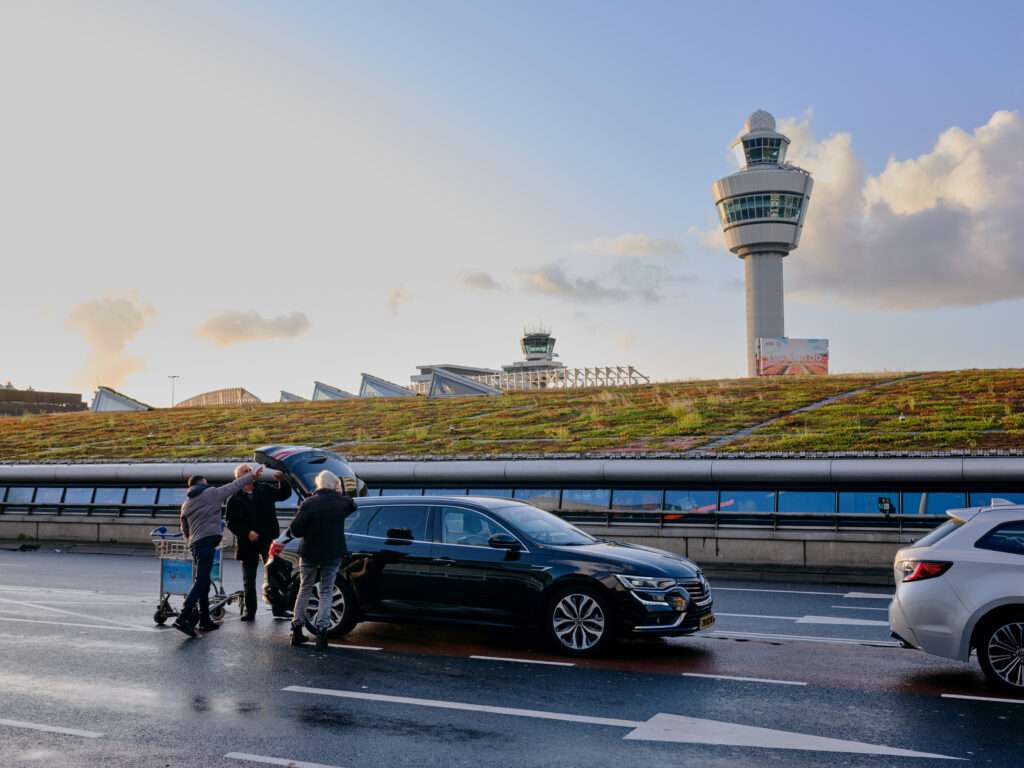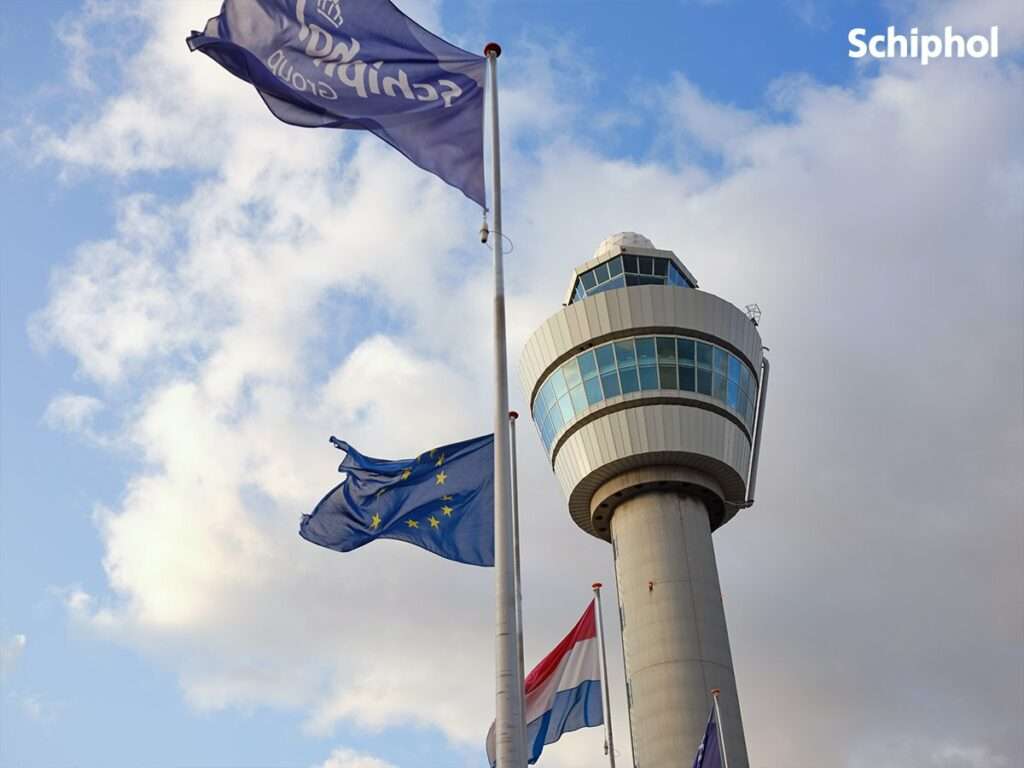The International Air Transport Association (IATA) has responded to the official confirmation by the Dutch Slot coordinator at Amsterdam Schiphol regarding the impending reductions in slots scheduled to take effect from Summer 2024.
This development has raised concerns throughout the aviation industry, prompting IATA’s Deputy Director General, Conrad Clifford, to voice his apprehensions.
In this article, we take a look into the implications of these slot reductions and their potential ramifications for the airport, travelers, and the Netherlands as a whole.
Schiphol Slot Reductions
Upon receiving the news of the slot reductions, Deputy Director General Conrad Clifford expressed IATA’s deep concerns.
He stated, “The news that airlines operating at Schiphol will lose slots from Summer 2024 confirms our worst fears of the effects of the enforced cut to flight numbers at the airport.”
These words underline the gravity of the situation and the apprehensions harbored by industry experts.
[monsterinsights_popular_posts_inline]

Impact on Travelers
One of the primary concerns stemming from the reduction in slots is the potential decrease in available destinations and flight options.
Clifford noted, “This is where the Government’s ill-thought-out plans hit reality: fewer destinations, and less choice, resulting in fewer travelers.”
This reduction in traveler numbers can have cascading effects on various aspects of the aviation industry and the Dutch economy.
Job Losses and Economic Consequences
The repercussions of slot reductions extend beyond the immediate inconveniences faced by travelers. Clifford emphasized, “lost employment, and reduced investment coming into the Netherlands” as two significant consequences of this decision.”
“With fewer flights and reduced demand for airport services, job losses in various sectors, including aviation, hospitality, and tourism, become a looming threat.”
“Additionally, the decreased economic activity stemming from reduced international travel could hinder the prosperity of the Netherlands,” he stated.

A Call to Action
Conrad Clifford’s remarks also touched upon the urgency of the situation. He asserted, “We cannot allow this situation to be ‘helaas, pindakaas'” – an expression that signifies resignation or indifference.
Instead, he urged action and advocacy for the aviation industry’s survival in the Netherlands. He criticized the caretaker Dutch government for its role in these developments, emphasizing their lack of a democratic mandate.
The Role of the EU Commission
In seeking a resolution to this crisis, Clifford looked to the European Union (EU) Commission, stating, “But the EU Commission could and should act in defense of its own Regulations.”
This highlights the need for intervention at a higher level to protect the interests of not only the Netherlands but also the broader European aviation industry.
Legal Considerations
IATA’s appeal to the Cassation court underscores the legal complexities surrounding these slot reductions. Clifford mentioned, “We hope the court decides swiftly on the legality of the ‘Experimental Regulation’ that is causing this mess.”
Legal proceedings and their outcomes may well play a pivotal role in determining the future course of action.

Click the banner to subscribe to our weekly newsleter.









